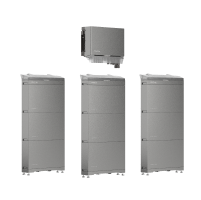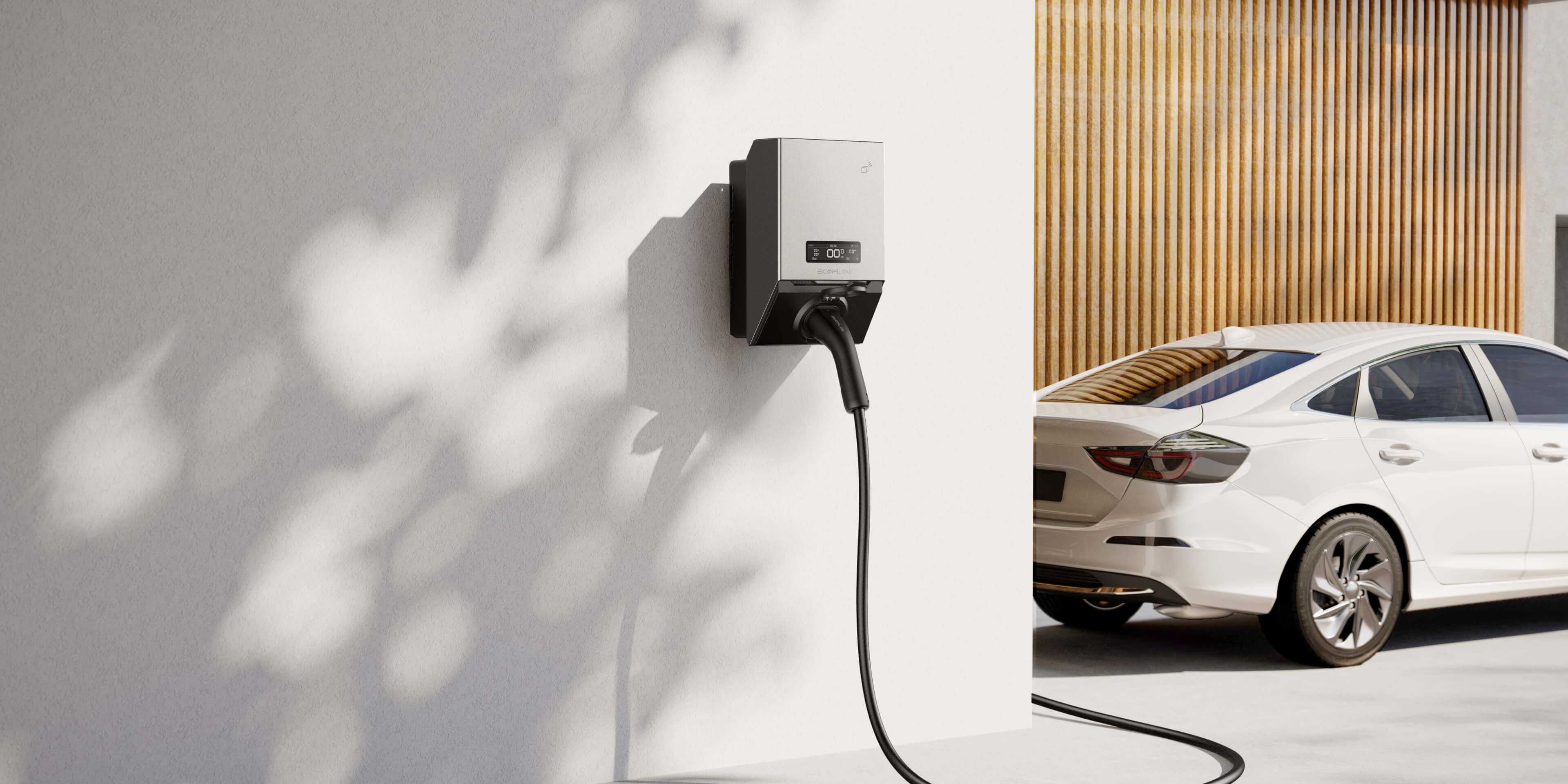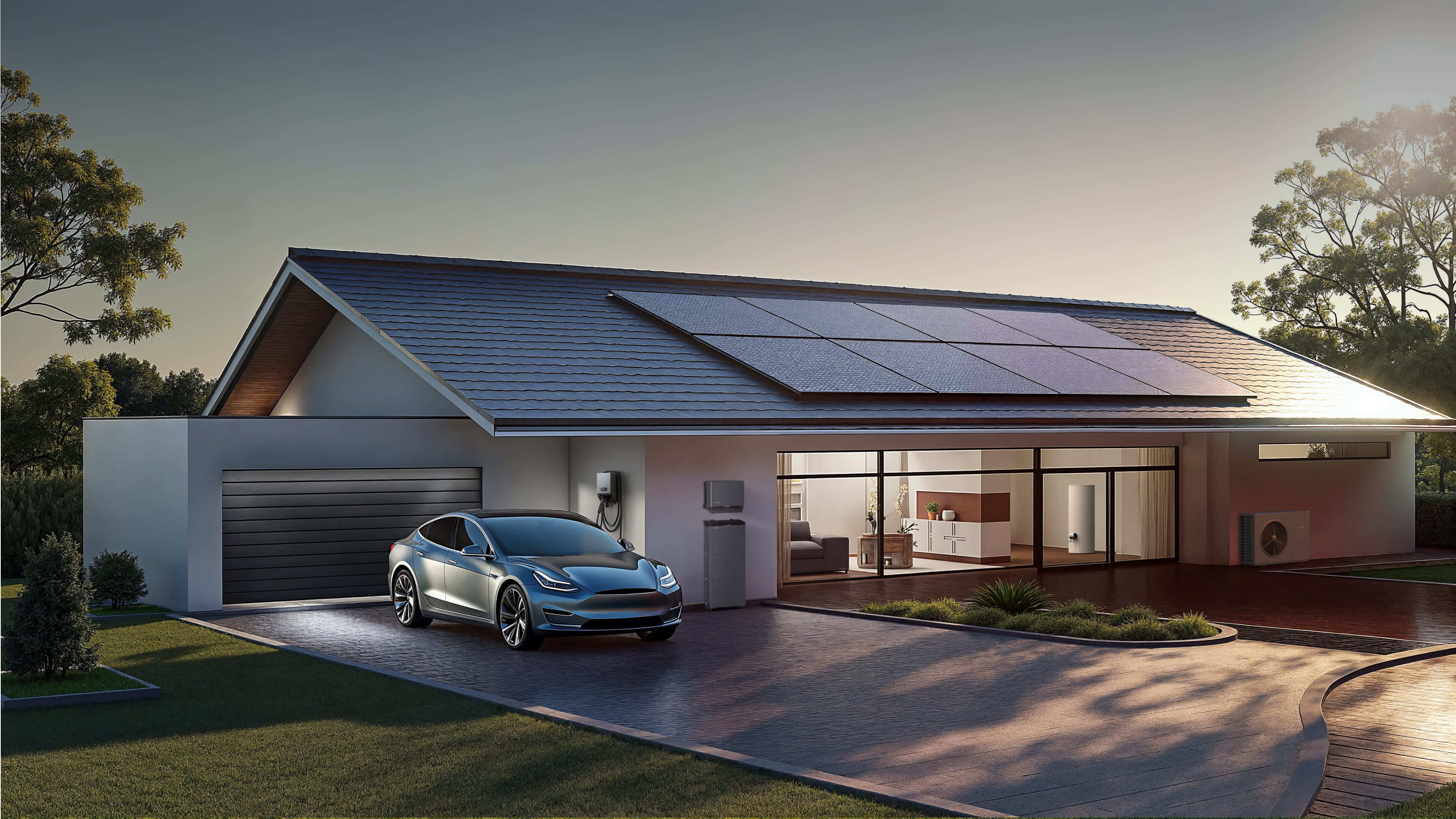How Long Does It Take To Charge an Electric Car?
Eco-friendly, cheaper to maintain, and impressive performance: some reasons for the rapid growth of electric vehicle (EV) adoption in the UK. And unlike fuel-reliant, traditional vehicles, EVs are more energy-efficient and cost-efficient, and require minimal technical upkeep.
And with EV charging, people can also maximize solar power and usage. In recent years, EV charging infrastructure has also developed significantly. You can now charge at home or at any public charging station anytime. Developments in charging technologies also fast-track EV charging time, with some charging stations capable of fully charging an EV in less than an hour.
This article provides an accurate estimate of electric car recharge time, so you can plan for cheaper and efficient EV charging.
Understanding EV Charging Speeds and Other Basics
There is a varying rate at which electric vehicles charge. This rate depends on the vehicle model and its charger type. But generally, we can determine a unit’s charging rate using this formula:
Time (in hours) = Unit’s full battery capacity (in kWh) ÷ charger power (in kW)
Consider a Tesla model 3 with a 75-kWh battery capacity if you are using a Level 2 EV charger with 11 kW power. It will take around 75 kWh ÷ 11 kW ≈ 6.82 hours to fully charge the unit.
We can classify EV chargers according to their charging power (in kW).
Level 1: Slow chargers with power ranging from 2.3 to 3.6 kilowatts. Best for home charging of electric vehicles. They take a longer time to fully charge an EV, but are sufficient for most users who drive shorter distances.
Level 2: Fast chargers with power ranging from 7 to 22 kilowatts. Best installed in locations like workplaces, shopping centers, and other public areas where users may need a quicker top-up while they go about their activities.
Level 3: DC ultra-rapid chargers with power ranging from 50 to 350 kW. These chargers can provide an 80% charge for long-distance travel in as little as 30 minutes.
How Long Does It Take To Charge an Electric Car?
In this section, we estimate the EV charging time of various EV charging power values.
Slow EV Charging (2.3–3.6kW)
EV charging is considered “slow” if it generates power of around 2.3 to 3.6 kW. If you have a 2.3kW residential socket, you can fully charge a 50 kWh EV battery in 20 to 30 hours. Due to this long duration, slow EV chargers are rarely used nowadays.
Fast EV Charging (7–22kW)
A 7-kW wallbox can charge a 50 kWh battery in 5 to 8 hours. This makes fast EV chargers perfect for overnight home charging. And if you raise the charging power to 22 kW, you can fully charge a battery in as fast as 3 to four hours.
With EcoFlow PowerPulse 2, you can charge your EV using electricity or solar power. With multiple charging modes, you can also set charging schedules, so you can maximize off-peak electricity rates and ensure more savings.
Rapid and Ultra-Rapid Charging (50–350kW)
Rapid chargers generate power of around 50 kW, which can charge a 50 kWh battery to 80% in 30 to 60 minutes. At this rate, your EV can run for up to 100 to 150 miles of range. Meanwhile, ultra-rapid chargers are rated at 150 to 350 kW, which can charge EVs in as fast as 15 to 30 minutes. Rapid chargers need high output and capacity storage for efficient operation.
EV Charging Time for Popular Electric Car Models
We studied some electric car models and estimated their respective EV charging times. Check our findings in the table below.
| Electric Car Model | EV Size and Battery Capacity | EV Charging Time |
|---|---|---|
| Fiat 500 | 24 kWh | With a fast EV charger (7 kWh): 3 to 4 hours With a rapid EV charger (50 kWh): 20 to 30 minutes |
| Nissan Leaf | 40 kWh | With a fast EV charger (7 kWh): 5 to 6 hours With a rapid EV charger (50 kWh): 30 to 40 minutes |
| Tesla Model 3 | 75 kWh | With a fast EV charger (7 kWh): 7 to 11 hours With rapid EV charger (50 kWh): 20 to 30 minutes |
| Mitsubishi Outlander | 14 kWh | With a fast EV charger (7 kWh): At least 4 hours With a rapid EV charger (50 kWh): At least 40 minutes in a limited DC setup |
What Affects Electric Car Recharge Time?
Aside from charging power, EV charging time is also influenced by several factors, such as:
Battery Size: A larger battery requires a longer time to fill, just like how a larger water tank takes more time to fill up. Note also that charging at relatively low levels, such as from 10% to 80% is much faster than charging at relatively high levels, such as from 80% to 100%. This process, known as “tapering”, protects your battery from excessive power inflow.
Unit Charging Speed Cap: Every EV has a maximum charging rate. For instance, even if you use a 150kW charger, your unit may only accept 100kW, so it will not charge any faster than that.
Temperature: A cold battery charges 50% slower than a hot one. This means that your EV might charge longer during winter days.
Charger Output: If several units are using a charging station, the charger’s output that reaches your car is also lower. This makes the charger slower than if you are the only one using the station.
What kind of product or solution are you interested in?


Tips for Planning Your EV Charging
Decide what charger you will install. A smart choice is to invest in a solar-powered EV charger like PowerPulse 2. It is a high-performing solar-powered EV charger solution that is ready for outdoor installation (with its weather-resistant design) and supports continuous, overload-free charging.
For safe and effective EV charging, you also need a high-performing solar battery storage system. For instance, EcoFlow PowerOcean can store up to 45 kWh of solar energy for later use.
Powered by LFP battery technology, PowerOcean can perform optimally for up to 6000 charging cycles. It is also equipped with fire prevention modules that detect and respond to thermal anomalies to ensure your home’s safety.
If you need further assistance to achieve a quick and safe EV charging solution, reach out to energy professionals. You can schedule a consultation to get expert advice tailored to your specific needs.

FAQs
Can I leave my EV plugged into Level 1 overnight?
Yes, this is common with Level 1 chargers, as they take a lot of time to charge an electric vehicle battery. Modern EV chargers already have systems that monitor charging times to prevent overcharging. You don’t even have to check on them constantly.
Can I sit in my EV while it is charging?
Yes, most present-day EVs are engineered with multiple safety systems that safeguard occupants from electric hazards while it is charging. Modern-day EVs also have smart charging features that observe possible overheats.
Will an EV stop charging when full?
When the EV battery is full, the charging process usually stops or shifts into trickle charging mode. However, it’s not fully recommended to charge your EV to a full 100%. For better long-term performance, only keep your charges from 20% to 80%.



